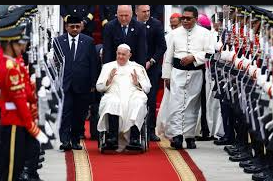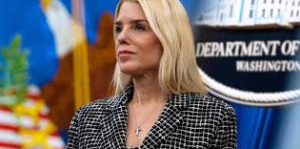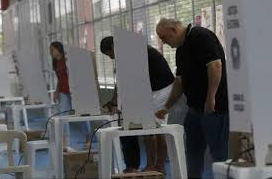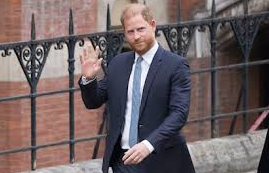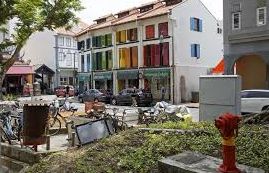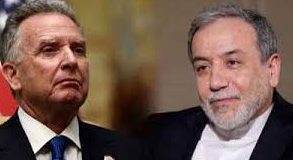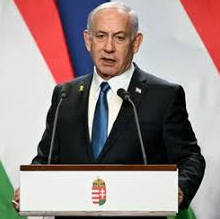Government and survivors call for deeper acknowledgment of the Catholic Church’s role in residential school abuses.
The Canadian government has expressed that Pope Francis’ recent apology to Indigenous communities for the suffering caused by church-run residential schools is insufficient, emphasising that true reconciliation remains far from achieved. The remarks came as the Pope arrived in Quebec City, where he met with Prime Minister Justin Trudeau and Governor General Mary Simon on the second leg of his week-long visit to Canada.
While the Pope acknowledged the “evil” committed by church personnel and described the residential school system as “catastrophic,” critics pointed to significant gaps in his apology, notably his omission of sexual abuse and his failure to directly assign institutional responsibility to the Catholic Church. This sentiment was shared by many survivors of the system, who have long demanded an apology that includes an explicit acknowledgment of the Church’s role in supporting policies of forced assimilation.
The residential school system, which operated from the 19th century until the 1970s, sought to remove over 150,000 Indigenous children from their families and culture, often subjecting them to physical and sexual abuse. Francis described the system as a policy “promoted by governmental authorities at the time,” but did not hold the Church accountable for its active involvement in these abuses.
Trudeau, a Catholic whose father, former Prime Minister Pierre Trudeau, was in office while the last residential schools were still functioning, reinforced the call for the Church to take responsibility as an institution. He noted that the Truth and Reconciliation Commission had in 2015 called for an apology, and emphasised that survivors’ courage in pressing the issue had made the Pope’s visit possible. He added that the Church must do more to atone, suggesting that while the Pope’s apology was a significant step, much more is required from the Vatican.
Echoing the concerns of Indigenous leaders, Marc Miller, the Minister of Crown-Indigenous Relations, pointed out that the Pope’s apology did not address the specific issue of sexual abuse, which many survivors had highlighted. Miller also criticised the Pope’s failure to take responsibility for the Catholic Church’s systemic support of the assimilation policies, which have left lasting scars on Indigenous communities.
Some survivors have welcomed the Pope’s apology as a genuine step toward healing, while others argue it falls short of addressing the full scope of the Church’s complicity. Pope Francis himself has acknowledged that the healing process will be long and difficult, but reaffirmed his commitment to working with the Canadian church and government to foster reconciliation.
The Pope’s visit, which included no specific proposals for action from the Vatican, marked a first step in a lengthy and challenging journey of reconciliation, with Indigenous leaders stressing that this must be followed by tangible steps toward justice and healing for those affected by the residential school system.
